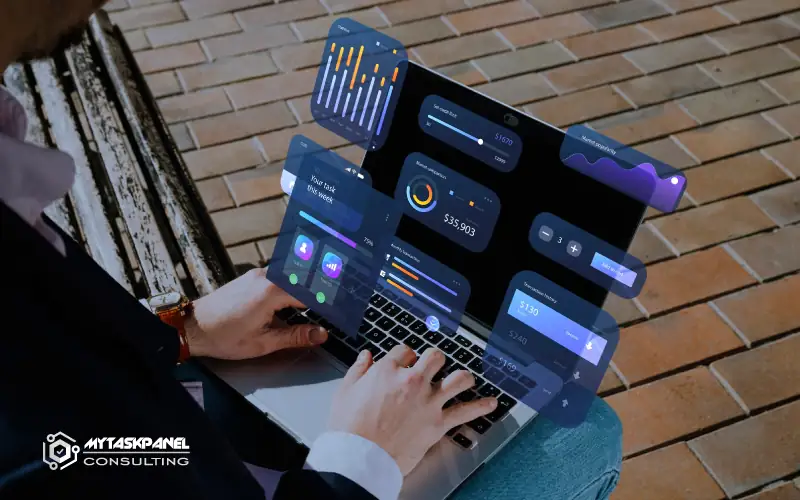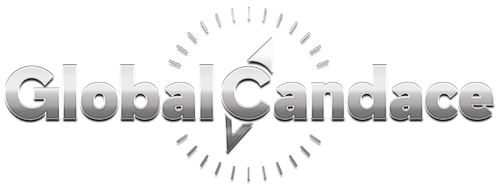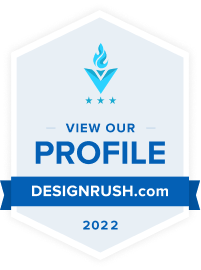In the world of technology, software development has become the vital core for business progress. The ability to create efficient, scalable, and sustainable applications has become essential. In this context, modern frameworks play a crucial role by providing a structured foundation for software development. This article explores the importance of choosing the right frameworks and examines some of the most popular ones and their specific use cases. Additionally, it provides some tips for selecting the best framework tailored to the needs of a technology company.
The meaning of scalability and sustainability
Scalability refers to an application’s ability to handle sustainable growth in demand without compromising its performance. On the other hand, sustainability focuses on the ability to maintain and evolve an application over time, ensuring its continued relevance and effectiveness.
The revolution of modern frameworks
Modern frameworks have revolutionized the way applications are built and maintained. They offer a set of pre-defined tools and patterns that enable developers to expedite the development process and maintain consistency in the application architecture. Here are some standout frameworks:
Angular
Developed by Google, Angular is ideal for building complex enterprise applications. Its component-based structure and seamless integration with TypeScript provide a conducive environment for scalable development. Its ability to manage application state facilitates the creation of robust and high-performance applications.
React
Maintained by Facebook, React has become the preferred choice for developing interactive user interfaces. Its focus on building reusable components and efficient handling of updates makes it a valuable choice for projects requiring scalability and optimal real-time performance.
Django
Django, a web development framework in Python, has gained popularity for its simplicity and effectiveness. It is particularly suitable for rapid development of scalable web applications. With features such as the database management system and predefined routing, Django simplifies the development process and facilitates the creation of sustainable web applications.
Ruby on Rails
Known for its convention over configuration approach, Ruby on Rails has been a popular choice for startups and projects requiring rapid and efficient development. Its model-view-controller (MVC) based architecture provides an organized structure contributing to the scalability and sustainability of the software.
Tips for evaluation and selection
Choosing the right framework is crucial for the long-term success of a software project. Here are some tips for evaluating and selecting the most appropriate framework for the specific needs of a technology company:
1. Analyze specific requirements
Before choosing a framework, understanding the specific project requirements is essential. Evaluating necessary features such as scalability, security, and flexibility helps identify the framework that best suits the project’s needs.
2. Community and active support
Community and active support are key indicators of the long-term viability of a framework. Frameworks backed by active communities tend to receive regular updates, bug fixes, and continuous support, contributing to software sustainability.
3. Proven scalability
Researching previous use cases and examples of successful scalability with the framework provides a clear understanding of its ability to handle significant growth in traffic and application complexity.
4. Performance evaluation
Conducting performance tests on various frameworks helps determine which one offers optimal performance for the specific project needs. Efficiency in handling intensive workloads is crucial for ensuring a scalable application.
5. Security considerations
Security is a critical concern in software development. Evaluating built-in security features and the framework’s ability to adapt to security best practices contributes to the long-term sustainability of the software.
The choice of modern frameworks plays a vital role in building scalable and sustainable applications. By understanding the specific project needs, analyzing framework features, and following best practices, technology companies can ensure the long-term success of their applications. The key lies in the careful evaluation and selection of frameworks that align perfectly with the project’s goals and requirements, thus ensuring the effectiveness of modern frameworks in scalable software development.










